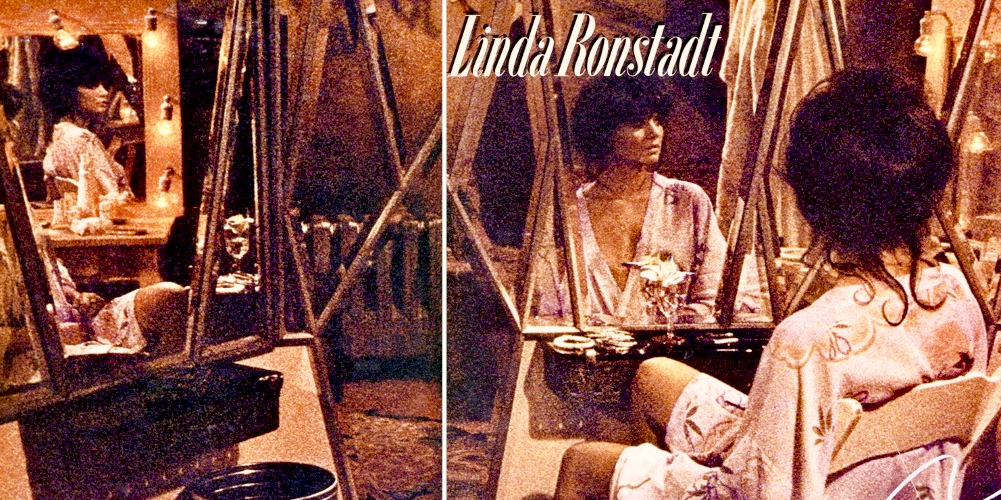Here is a remarkable fact. I have every #1 album in America from 12th March 1966 to 13th December 1980. If you look them up. Almost all are classic albums indispensable to any collection. In fact, if I got Kenny Rogers Greatest Hits, it would stretch to April 1984 and the Footloose soundtrack. I’ve even got a copy of Blooming Hits by Paul Mauriat and His Orchestra, which was #1 throughout March 1968.
It’s noticeable that in the early 70s, the Billboard charts were full of great albums filling 9 out of 10 places. It’s never been repeated, this depth of quality, originality and commerciality, doesn’t apply to the UK, as much. It’s proof to my eyes that from 1966 to 1980 was rock’s best, golden age. It was when all the best songs were written. We took it for granted and I certainly thought it would always be like this. And that’s just #1’s. If you include the top 3 records, you end up with 100’s of classic albums.
As a rock n roll historian I think this is such an interesting period, just because the combination of commerciality and music is so obviously related. I mean Rumours was #1 forever but when it was replaced, it was by Simple Dreams by Linda Ronstadt, another excellent record. Obviously there were a few aberrations like the Grease Soundtrack, but even Saturday Night Fever has some good songs.
Radio obviously was important in that era. You could be big in Boston, but unheard of in Dallas. That’s changed a lot. Radio programming is now nationwide and critics say it is very safe. The music inspired much loyalty from the fans and DJs, I don’t sense that happens now. Successful artists can get rich quick, whereas I saw a documentary about the early days of Queen. They were on just £20 a week and had 3 albums out and charting. These bands really paid their dues, working for pennies for years. As Brian May said, it made them battle-hardened and really tight. It tested their dedication which is forgotten because they became so big. Also, success back then was so hard to achieve, you had to sell a lot more records than you do now. This was made clear to me when it was announced that vinyl had sold 2 million in 2023, the most since the early 90s. I mean some bands would sell that in a month, all on their own. Different times. Imagine counting how many times you played a record and adding it to your sales figures.
You knew who the big stars were. They topped the charts. Today I’ve not even heard or seen #1 acts. Admittedly, I'm not the demographic they’re trying to reach, but even so, if I’ve never heard of you, you almost certainly are not very famous.
Sidebar
We thought it would always be like this...




